Submitted courtesy Kathleen Williams —
Churchill Animal Protection Society grew out of a need within the community for a humane solution to the problem of people dumping their animals. Many unwanted animals were discarded at local dumps and left to die.Dogs roamed in packs. In 1986 a meeting addressing animal welfare convened. The 12 people who showed up eventually became known as the “Dirty Dozen.”
Officers were elected and CAPS became an official animal rescue group.
The original CAPS was housed in the old post office. In those days when workers would arrive at CAPS, they would sometimes find dogs tied to the door or boxes of kittens.
Eventually CAPS outgrew its facilities and, with a lot of help from NAS Fallon, moved to Crook Road. There were a few old trailers to house the growing animal population. The Sea Bee’s provided not only the labor to put up kennels and fences but also well services.
Memberships, bake sales, car washes, and donations from service clubs funded CAPS at this time. The amount of energy and time given by volunteers was staggering.
CAPS expanded rapidly and quickly outgrew the Crook Road shelter. It was imperative that the shelter move to a more spacious site. Land was leased by Churchill County on Pasture Road, and the process to obtain special-use permits, which animal shelters require to operate, was initiated. When all the i’s were dotted and t’s were crossed, work on the new shelter could begin.
Money was extremely tight when an “angel” miraculously appeared. June Grinstead donated $30,000 to get the shelter going. Norma Klenakis wrote two grants that parlayed the original amount to $60,000, and then another gift from June of $8,000 brought the total to $68,000.
At last CAPS would become a reality.
Marty Brown of Lumos & Associates was an invaluable source of help with permits, wells, and septic system plans. Unfortunately, after the attack of 9/11, anticipated help from the Navy ended. It was at that point our wonderful community came together to make it happen.
Ron Evans, CCHS vocational teacher, had his classes build dog houses and shelter buildings.The metal shop at the high school did extensive work on the cat kennels. Oasis Air Conditioning and Heating donated equipment, expertise and labor to install heating and cooling. CAPS was up and running!
CAPS wasn’t always a no-kill shelter as it is now. The guests in our care can now look forward to living and enjoying each day until we find the perfect happy-ever-after home. We rescue many animals from the local pound and find them homes.
Norma Klenakis, one of the original “Dirty Dozen” founders, headed operations for years until retiring. In 2004 Teresa Summers, a long-time CAPS volunteer and employee, became its executive director. Recently, Teresa retired after 25 years of dedicated service. Gaby Negrete is our new Executive Director, and she is dedicated to our cause.
How is CAPS funded? We get our funding from several sources: Churchill County, Bark in the Park, CAPS garage sale, Flower Tree Nursery raffles, CAPS at Walmart and donations. We are in constant need of funds to repair, replace and replenish our kennels. Many jobs are filled by volunteers who spend up to 30 hours a week working. CAPS relies on our community and the wonderful folks who live here for support.
Our no-kill shelter has seen many changes over the years and illustrates the power of a few dedicated people to make a significant difference in the community. To quote Norma Klenakis, “For our organization to exist, we try to get cooperation.” Looking at the history of CAPS, cooperation was the key to its existence. Fallon truly is the small town with a big heart!
Read more local news — return to the home page
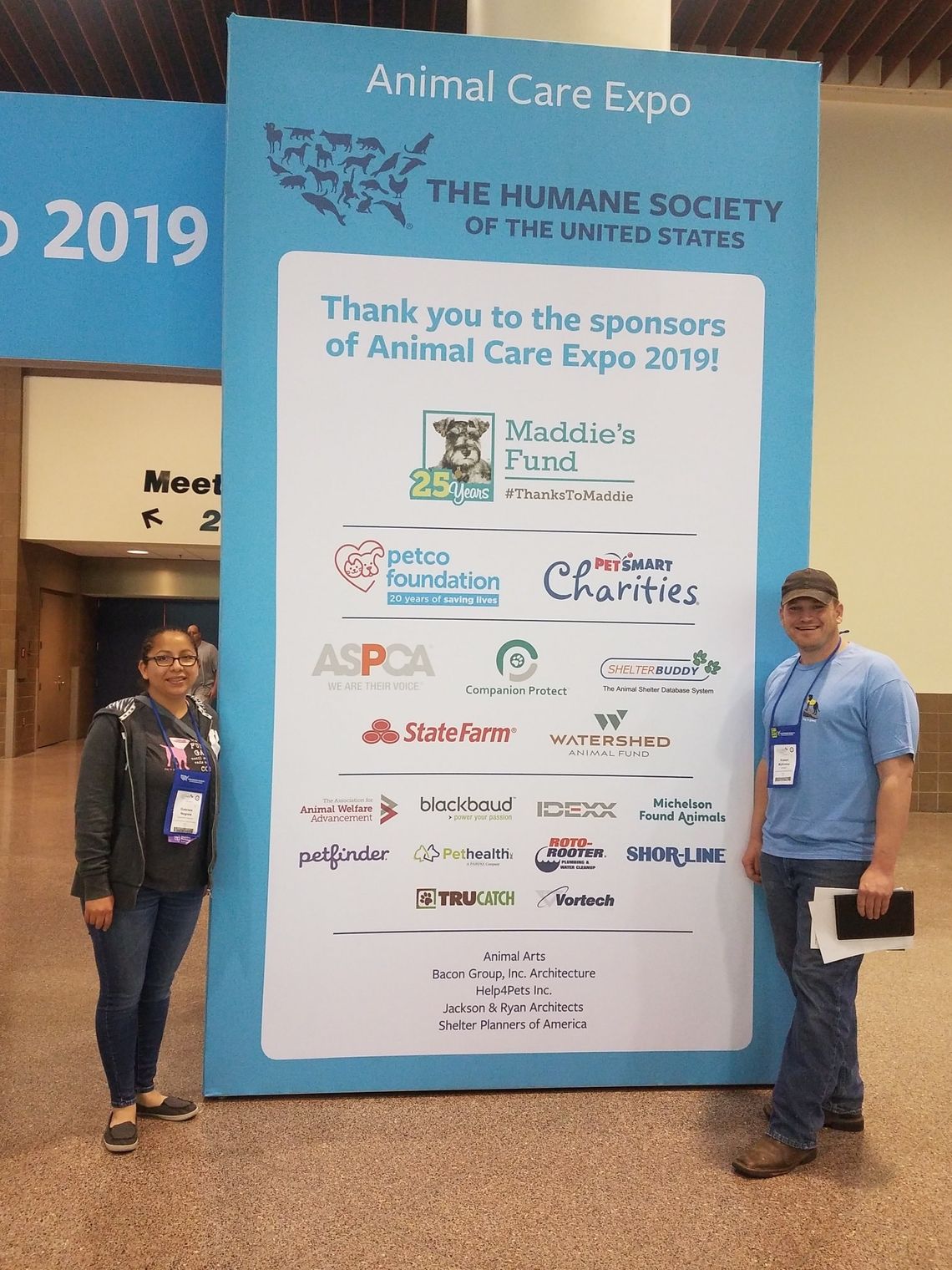
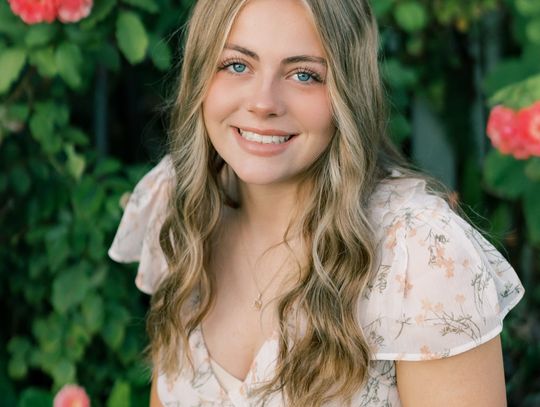
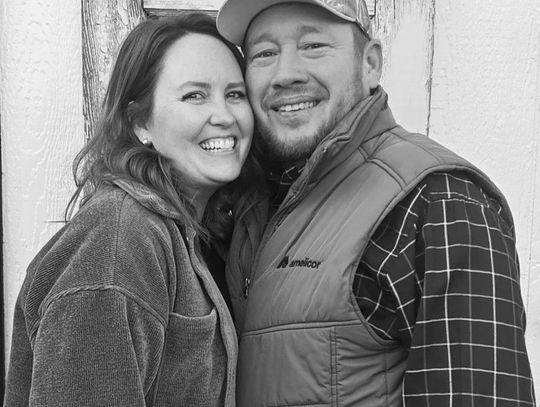

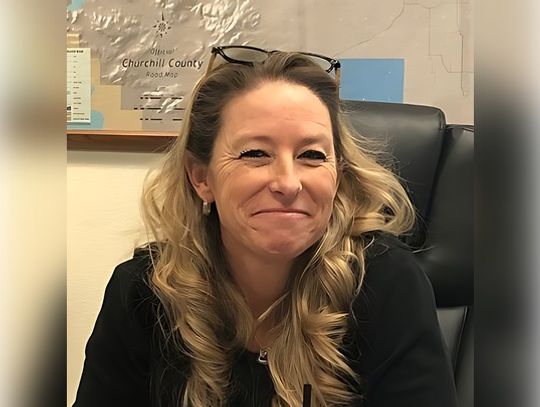
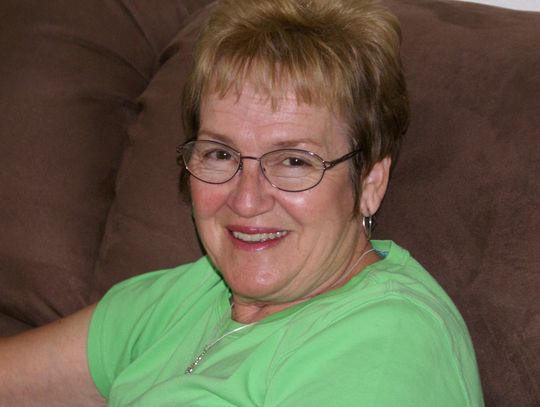

Comment
Comments